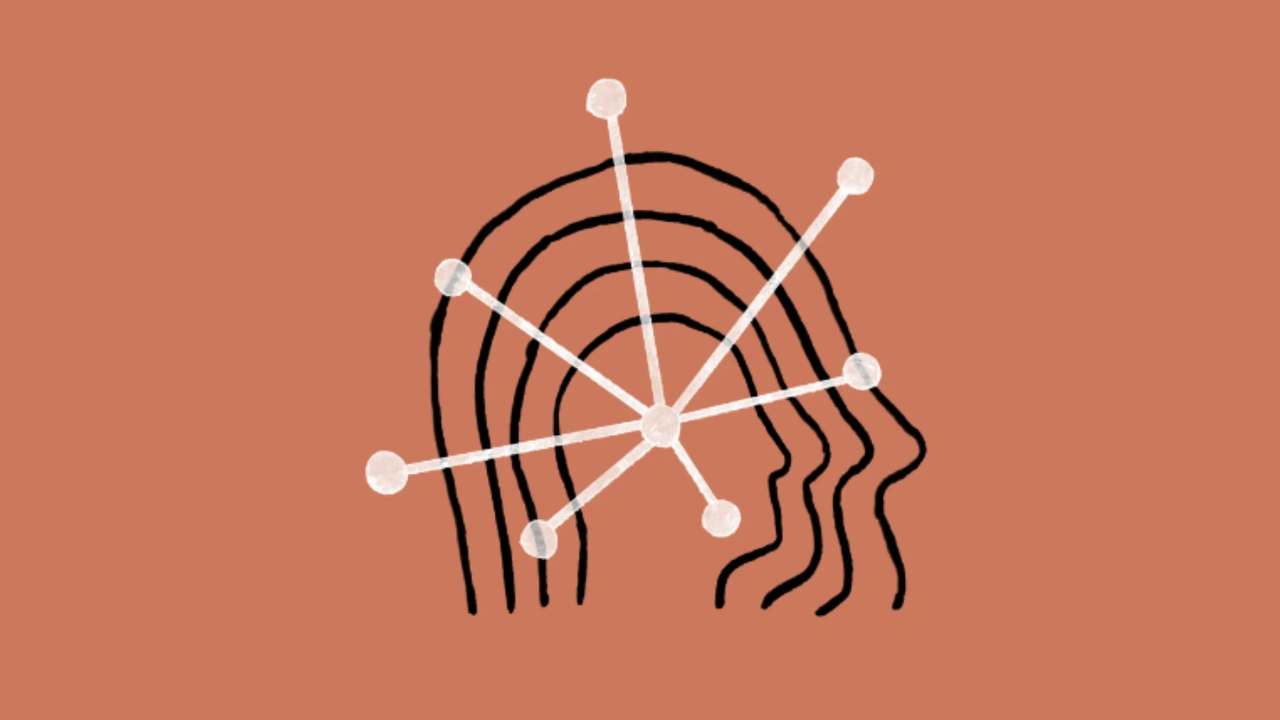The Rise of AI Code Execution: Anthropic, a leading AI safety and research company, has recently unveiled a groundbreaking update to its Claude AI chatbot. Claude can now not only understand and generate human-like text but also write and execute code in JavaScript within a secure sandbox environment. This “analysis tool,” as Anthropic calls it, marks a significant leap forward in AI capabilities, potentially revolutionizing how we interact with data and automate complex tasks.
More Than Just a Code Writer:
While the ability to generate code is impressive in itself, Claude’s true potential lies in its ability to execute that code. This means that Claude can now actively engage with data, performing calculations, analyzing information from various sources like spreadsheets and PDFs, and even generating interactive visualizations. Imagine asking Claude to analyze your company’s sales data, identify trends, and present the findings in a clear, visually appealing format. This is the power that Anthropic has unlocked.
The Mechanics of Claude’s Code Sandbox:
Anthropic has essentially provided Claude with a secure “playground” where it can experiment with code, test different approaches, and refine its solutions until it arrives at the desired outcome. This iterative process allows Claude to learn and improve its coding skills over time, leading to more accurate and reliable results. It’s like having a dedicated data analyst who can tirelessly work through your data, identifying patterns and insights that might be missed by human eyes.
My Perspective on the Future of AI-Assisted Coding:
As someone who has been closely following the development of AI, I’m incredibly excited about the possibilities that Claude’s new capabilities present. This technology has the potential to democratize access to complex data analysis, empowering individuals and businesses of all sizes to make data-driven decisions.
- Boosting Productivity and Efficiency: Think about the countless hours spent on mundane coding tasks like data cleaning and formatting. Claude can automate these processes, freeing up valuable time for human developers to focus on more creative and strategic work.
- Minimizing Human Error: Manual coding is prone to errors, which can have significant consequences when dealing with sensitive data. Claude’s automated code execution can significantly reduce the risk of human error, leading to more accurate and reliable results.
- Unlocking New Levels of Creativity: By taking over tedious coding tasks, Claude can empower users to explore new ideas and experiment with different approaches to data analysis. This could lead to innovative solutions and breakthroughs in various fields.
Addressing the Ethical Considerations:
While the potential benefits of Claude’s code execution capabilities are vast, it’s crucial to address the ethical considerations that come with such powerful technology.
- Security: Ensuring the security of the code sandbox is paramount. Anthropic needs to implement robust measures to prevent malicious code execution and protect user data from unauthorized access.
- Bias and Fairness: AI models can inherit biases from the data they are trained on. It’s essential to ensure that Claude’s code generation and execution are free from bias and promote fairness in data analysis.
- Transparency and Explainability: Users need to understand how Claude arrives at its results. Anthropic should strive for transparency in Claude’s code generation process, making it easier for users to interpret and trust the AI’s output.
Anthropic’s advancement is a significant step towards a future where AI can seamlessly integrate with our workflows, augmenting our capabilities and helping us solve complex problems. As this technology matures, we can expect to see even more innovative applications emerge, transforming industries and shaping the way we interact with data. It’s an exciting time to be witnessing the evolution of AI, and I’m eager to see what the future holds for Claude and other AI systems that can bridge the gap between language and code.





